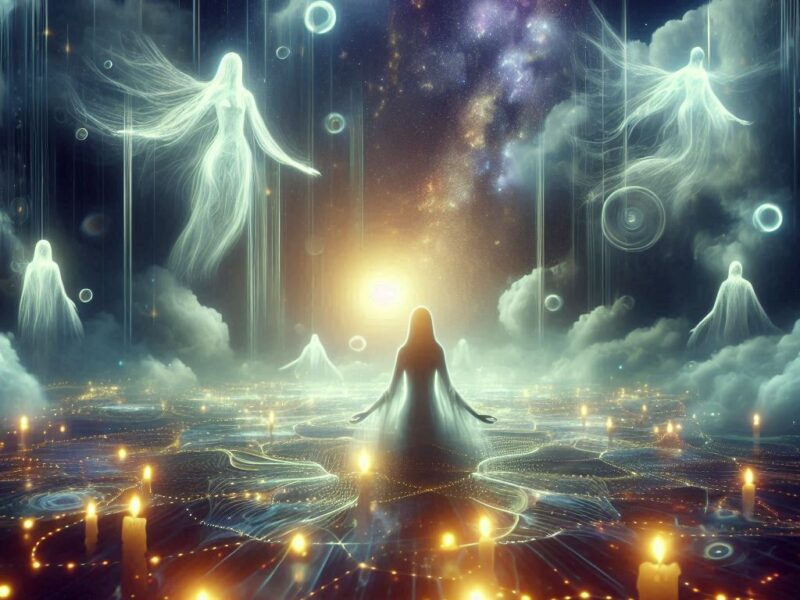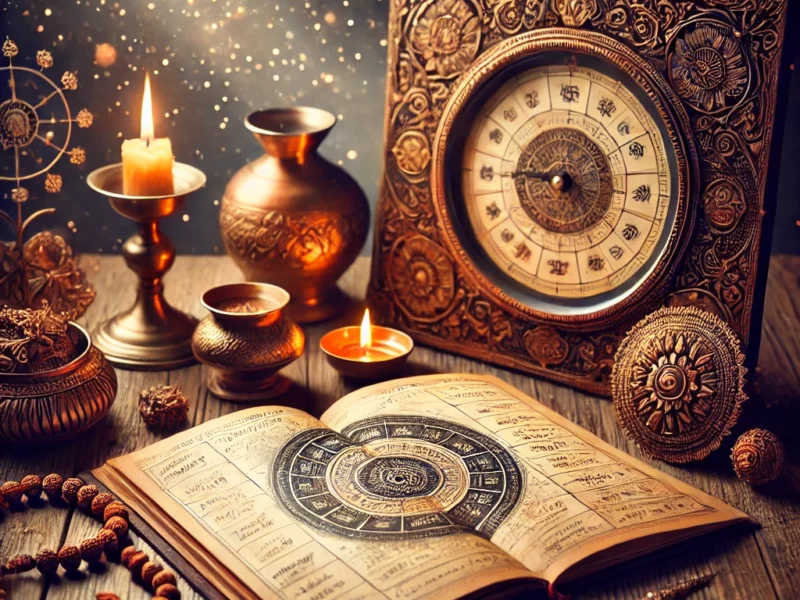What Happens If Shraddha Isn’t Performed?
Shraddha, a Hindu ritual performed to honor and express gratitude to one’s ancestors, holds a significant place in Hindu dharma. It is believed to aid the souls of the departed in attaining peace and liberation (moksha). However, if Shraddha is not performed, certain spiritual, emotional, and even practical consequences are believed to occur. Let’s delve into the implications.
Spiritual Consequences
1. Discontent Among Ancestors
- Hindu scriptures state that ancestors rely on their descendants to perform Shraddha for their spiritual sustenance. Without it, their souls might remain restless in the afterlife.
- Such discontent is believed to lead to disturbances in the family’s harmony.
2. Obstruction to Moksha
- Shraddha rituals provide offerings (Pinda Daan and water) that help the souls of ancestors progress toward liberation. Without these offerings, the soul’s journey may face delays or hindrances.
3. Accumulation of Pitru Dosha
- Pitru Dosha is a karmic debt believed to arise when ancestors are not honored appropriately. It can manifest as difficulties in personal, professional, or family life.
Impact on Descendants
1. Family Issues
- Non-performance of Shraddha may disturb the familial peace, causing misunderstandings and conflicts among family members.
- Some believe it can affect marital harmony, career growth, and overall prosperity.
2. Health Problems
- It is said that unresolved ancestral debts can lead to health issues, both mental and physical, in descendants.
- Specific hereditary or unexplained health issues are sometimes attributed to unfulfilled Shraddha obligations.
3. Hindered Progress
- Many believe that ignoring ancestral duties could block blessings from ancestors, resulting in challenges like financial losses, delayed success, or strained relationships.
Religious and Cultural Implications
1. Breaking a Lineage Duty
- Performing Shraddha is considered a sacred duty (Dharma) for Hindus. Not performing it may be seen as neglecting one’s role in maintaining familial and spiritual traditions.
2. Loss of Spiritual Benefits
- Shraddha rituals are not just for ancestors but also for the performer’s spiritual growth and merit (Punya). Skipping them might mean losing these benefits.
Rectification and Remedies
If Shraddha has not been performed for any reason, there are ways to make amends:
1. Perform Tarpan
- Tarpan is a simpler form of offering water and prayers to ancestors. It can be done anytime but is particularly effective during Pitrupaksha or Amavasya.
2. Conduct Mahalaya Amavasya Shraddha
- Mahalaya Amavasya is a universal day during Pitrupaksha when rituals can be performed for all ancestors, regardless of specific tithi.
3. Consult a Priest
- Seek guidance from a knowledgeable priest to perform Shraddha or other remedial rituals like Narayan Bali or Tripindi Shraddha.
4. Donate to the Needy
- Charity in the name of ancestors, such as feeding Brahmins, cows, or the poor, is considered an alternative to formal rituals and can provide spiritual merit.
Cultural Beliefs and Modern Views
In contemporary times, while some may not adhere strictly to traditional rituals, the underlying principle of honoring ancestors is universally respected. Acts of kindness, remembrance, and gratitude can serve as meaningful alternatives for those unable to perform Shraddha traditionally.
Performing Shraddha isn’t just a ritual; it’s an expression of gratitude and responsibility toward our ancestors. While its non-performance is believed to have consequences, there are always ways to seek guidance and rectify the situation to restore balance and peace.


